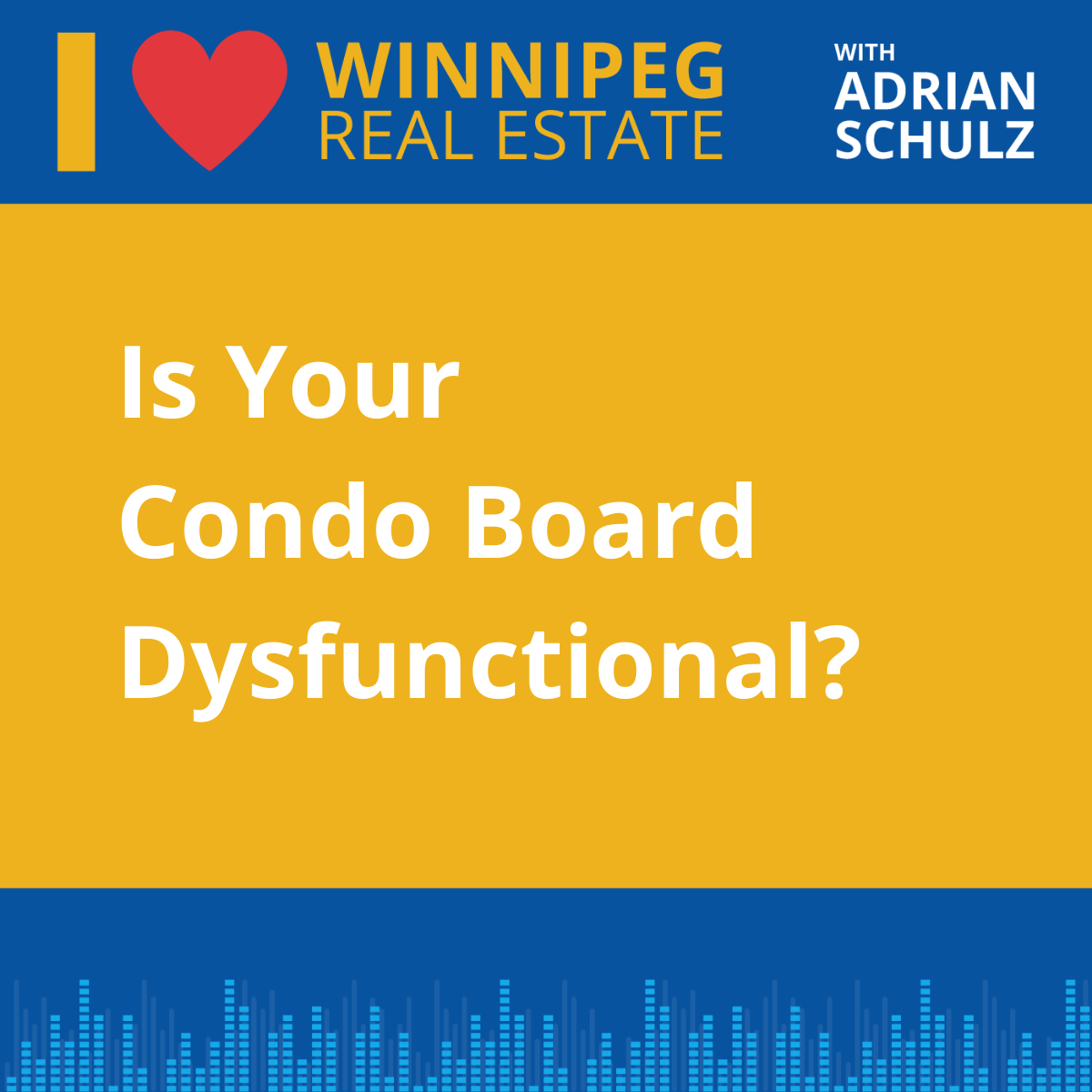Is Your Condo Board Dysfunctional?


The board of directors plays a critical role in any condominium community. First and foremost, the board's role is to serve and meet the needs of community residents, acting in a manner that is consistent with the best interests of condo owners. This req...
The board of directors plays a critical role in any condominium community. First and foremost, the board's role is to serve and meet the needs of community residents, acting in a manner that is consistent with the best interests of condo owners. This requires having a strong and comprehensive understanding of the issues facing the community, as well as a commitment to a spirit of open communication and collaboration.
The board of directors plays a critical role in any condominium community. First and foremost, the board's role is to serve and meet the needs of community residents, acting in a manner that is consistent with the best interests of condo owners. This requires having a strong and comprehensive understanding of the issues facing the community, as well as a commitment to a spirit of open communication and collaboration.
While it's rare to find a condo board that is actually perfect in executing its duties, most are at least clear about their desire to protect the investments of condo owners and the community as a whole, and operate in a way that suggests those desires are sincere. Unfortunately, some boards of directors, for various reasons, simply cannot function productively, and may even be actively harming the community as a result. Here are five signs your condo board may be dysfunctional:
- Personal agendas take precedence: The board's priority should be meeting its obligations to and serving the best interests of the community. However, there are cases in which people seek seats on the board in order to fulfill a personal agenda, such as undertaking a specific project, and this can cause the board as a whole to neglect the overarching needs of the community.
- Poor standing within the community: A condo board that is held in low esteem by members of the community is a sure sign that dysfunction set in somewhere along the way. When it gets to the point that the board is simply not trusted to act on its duties or see projects through to completion, it's hard to claim that the board is functioning properly.
- No spirit of openness: Another issue that can arise with a dysfunctional board is a sense that the board (or even one or two members) always knows best, and that it doesn't require the input of the rest of the community, including residents, support staff and others. Again, a board that isn't open to the opinions of the people it claims to represent and serve is not actually fulfilling its duties.
- Priorities are unclear: Related to the problem of personal agendas is the issue of a board's priorities seeming inconsistent or unclear. Rather than working together to achieve common goals, a dysfunctional board will instead seem to be going in different directions, prioritizing different members' pet projects or failing to come to an agreement on what needs to be tackled with the greatest sense of urgency.
- Community is reluctant to participate: Ideally, a condo board should be working to promote the interest and involvement of owners and residents in community projects and board meetings. Poor attendance at condo board meetings indicates that the community believes little is being accomplished, and that being there to hold the board accountable will have little effect.
While a dysfunctional board can cause the community's needs not to be met-and may even make things worse for the community for a time-the good news is that no board of directors is permanent. Problem board members can be replaced over time, and through the active participation of condo owners, the board can eventually resume its proper role.







